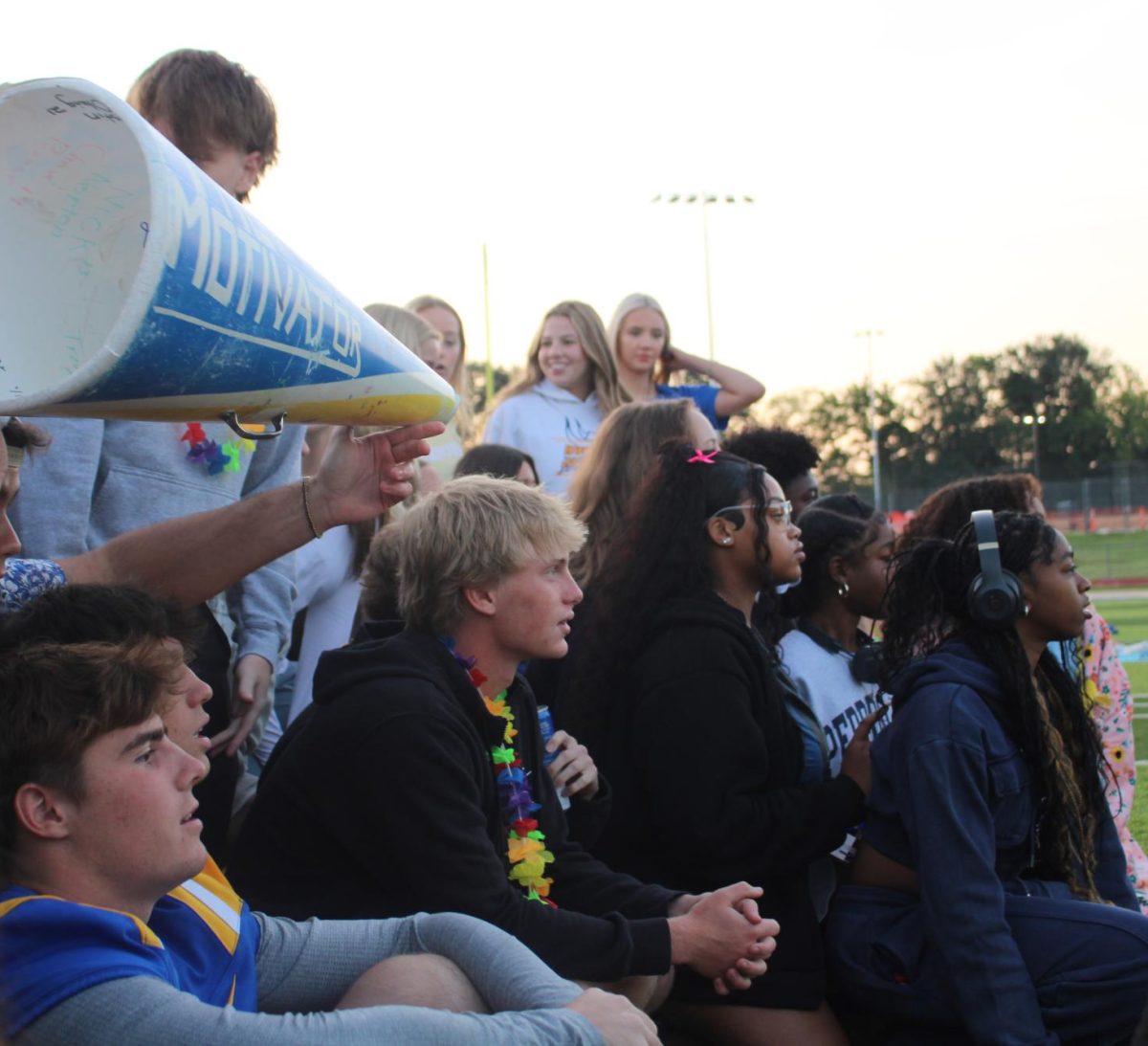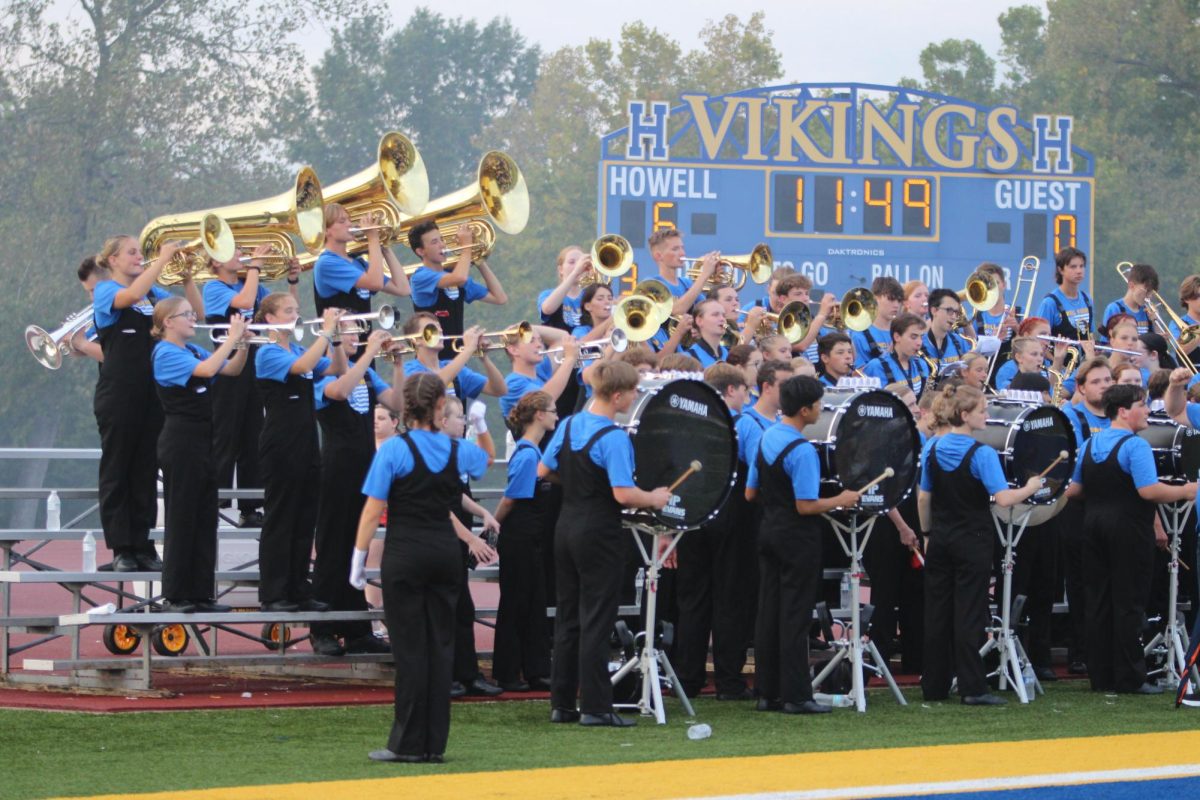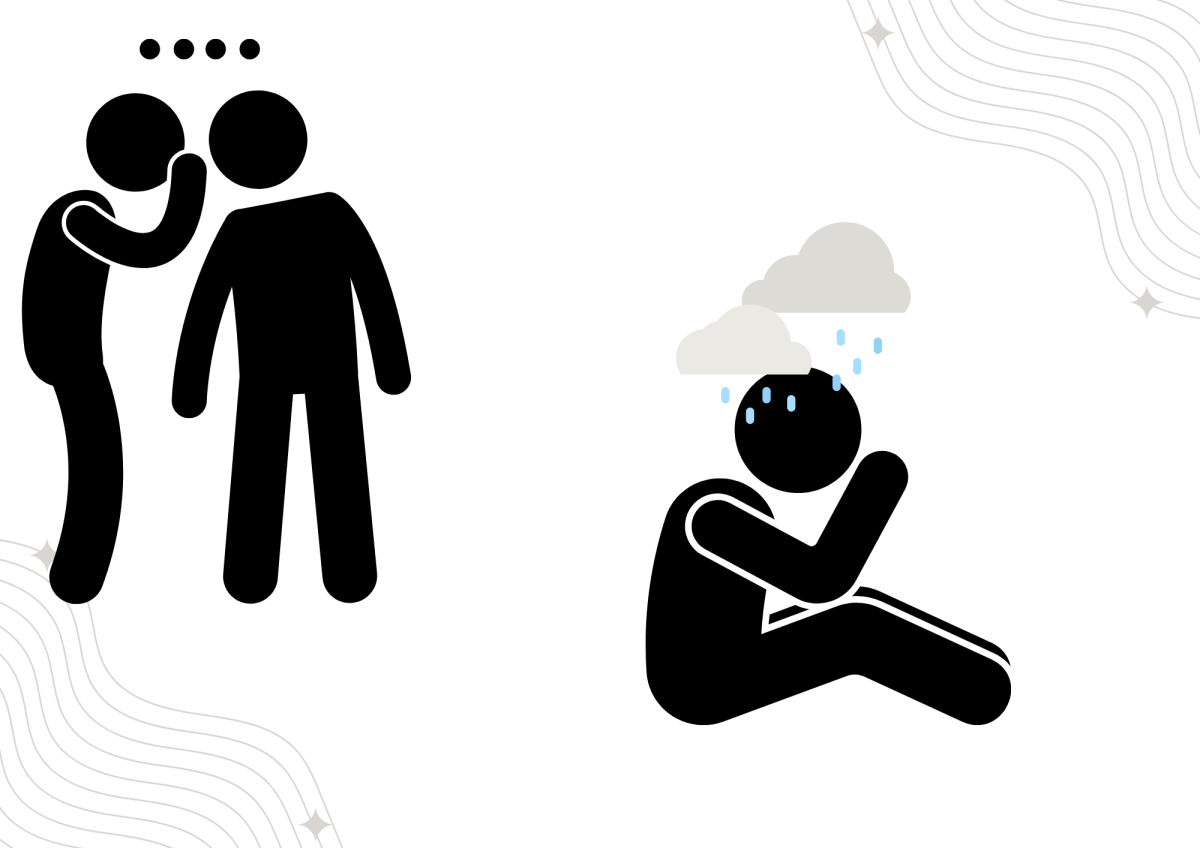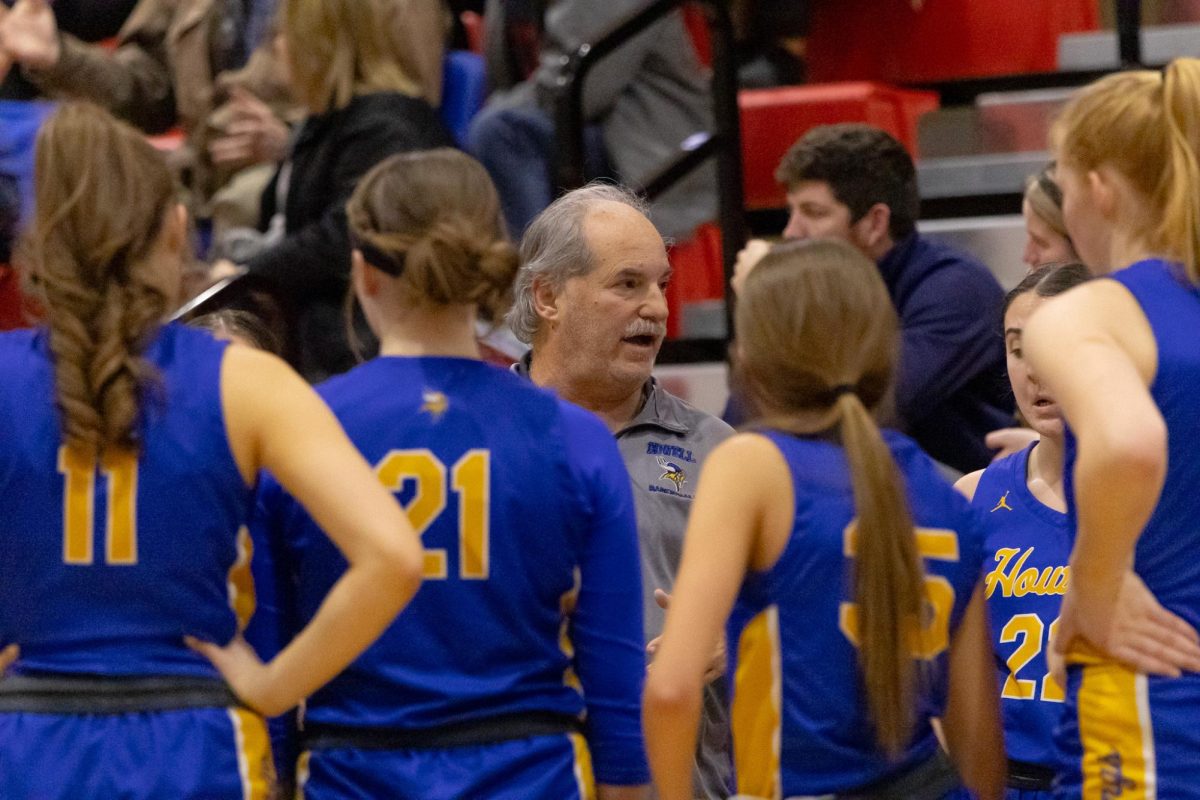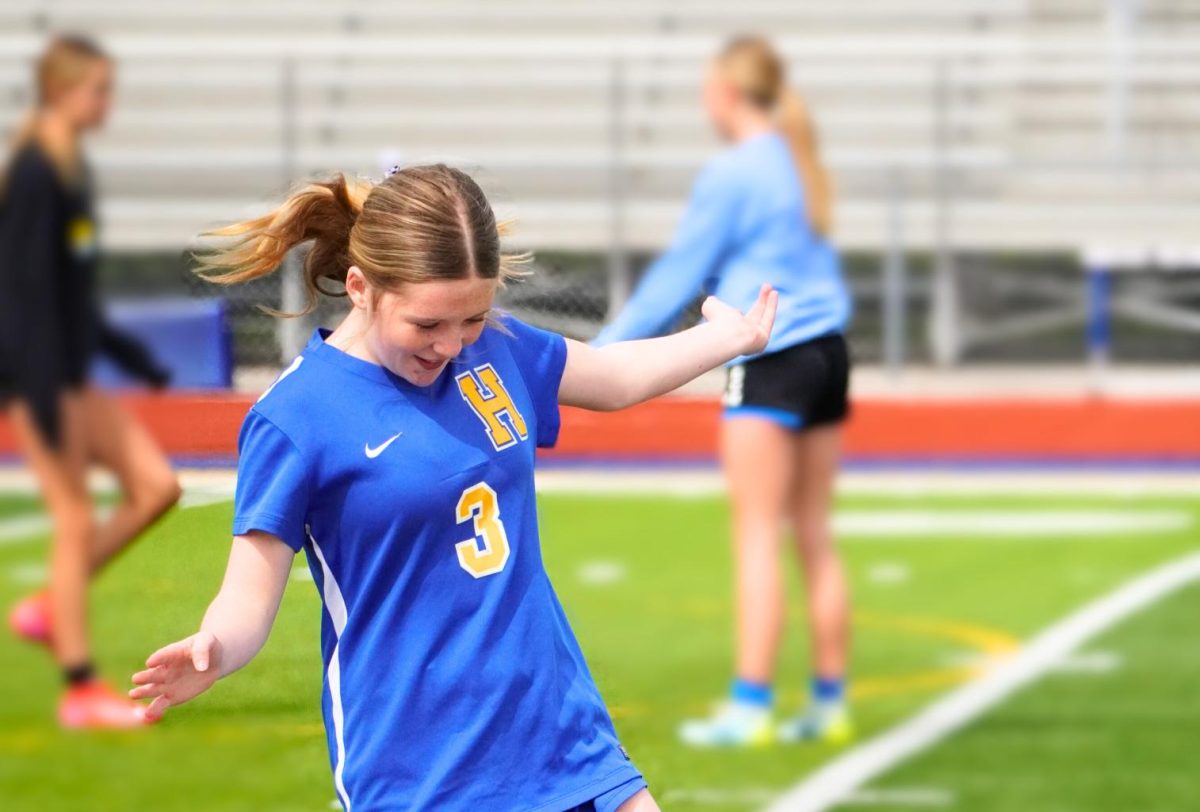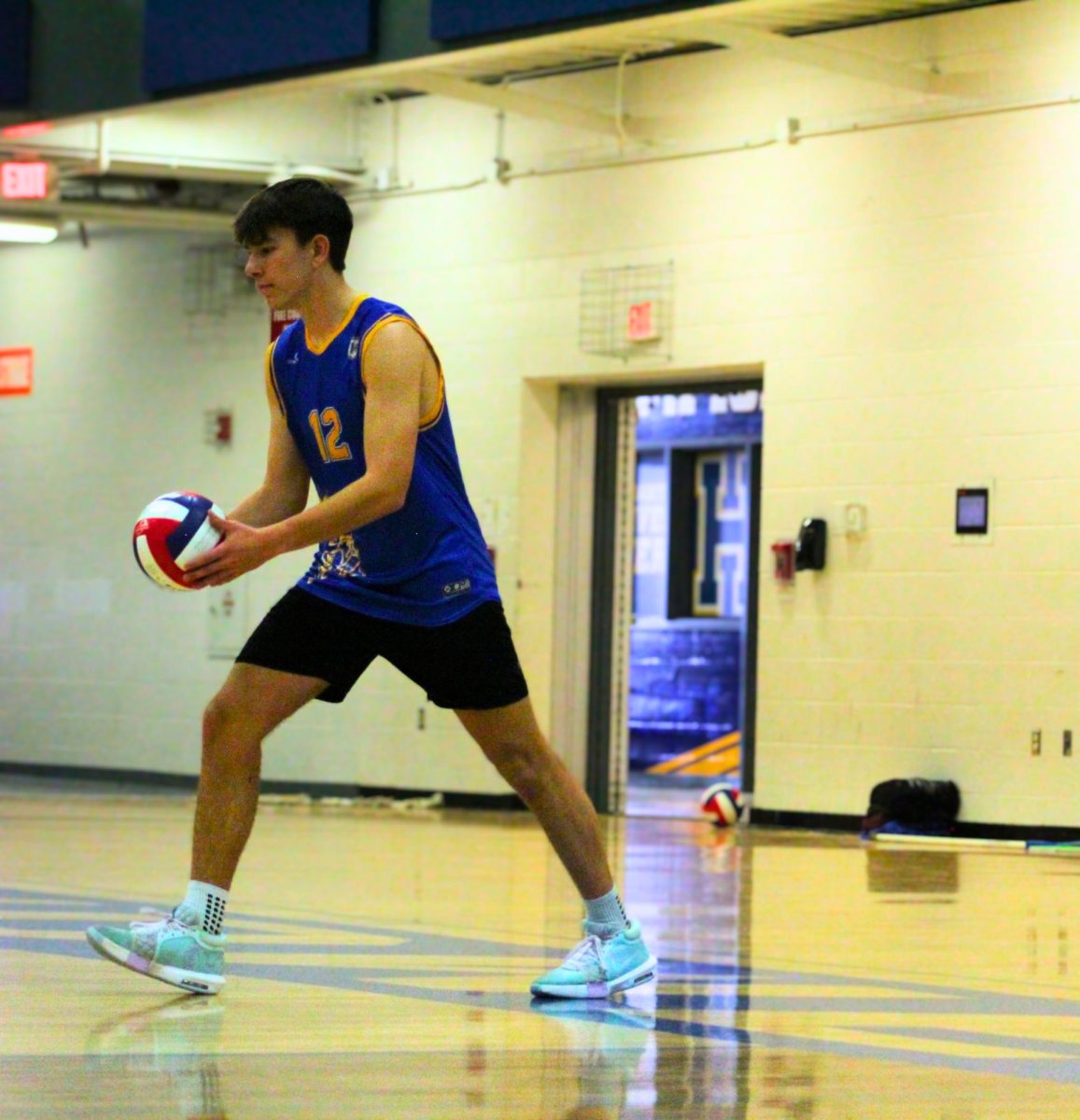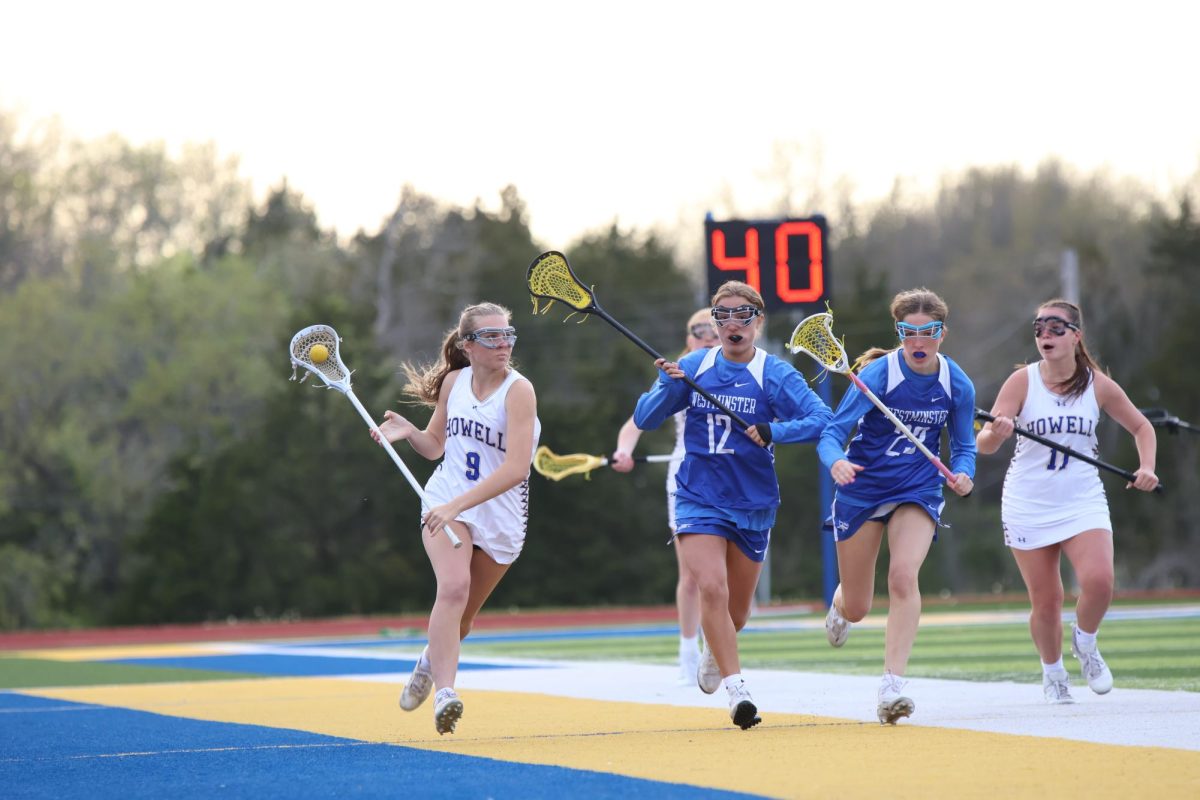The Rising Issue of Concussions in Sports
There’s a growing epidemic among athletes that ranges from professionals to youths in all sports. It’s concussions. But what is a concussion? A concussion is characterized as a traumatic brain injury resulting from a bump, blow, or hit to the head that causes the brain to jolt back and forth rapidly inside the skull. This injury has unpleasant and even damaging symptoms to its recipient physically and mentally. Frequently, these hits to the head happen in sports, and this is what causes the increasing issue of concussions in athletes. Most of the time, concussions received from sports aren’t taken as seriously as they should because athletes may be uneducated of or underestimate the damage it can cause.
Many athletes don’t fully understand the severity of concussions and the negative toll it can have on the health of the body. Concussions and it’s symptoms can be catastrophic to the brain. Despite what some people may think, the signs of a concussion may not show up immediately, but when they do, they can last for days, weeks, or even longer. Typical symptoms include “headache, loss of memory, confusion, temporary loss of consciousness, nausea, vomiting, fatigue,” and the list goes on (Mayo Clinic). Even though loss of consciousness can occur at the incident of a concussion, it doesn’t always have to happen to obtain a concussion. Someone doesn’t have to necessarily be knocked out to get one. In some cases, if the concussion is severe enough or if they are received repeatedly, it can cause permanent damage or be fatal.
Overall, there are general statistics that show how much of a problem this injury is and how many suffer from them: “15% of students (approximately 2.5 million) reported having at least one concussion during 12 months,” and “6% (1 million) reported two or more concussions” (Brainline). It can be seen that concussions are consistently affecting a large populations of athletes, but that isn’t the worst of it. About “69% of athletes with a possible concussion played with concussion symptoms,” and “40% of those athletes said their coach was not aware they had a possible concussion” (Brainline). Athletes don’t let their coaches or parents know about their concussions because they may not completely understand that they have one, or they want to tough it out and keep playing. This is further proven as “50% of concussions go unreported or undetected” (UMPC Sports Medicine).
All in all, concussions are underestimated in the damage it can cause, and this needs to change. Playing the game shouldn’t be more important than the health of an athlete. Society in general, predominantly athletes, coaches, and parents, need to be more aware and educated on concussions. The stigma that concussions aren’t as threatening as they are and that athletes should ignore the pain and keep playing needs to stop.

My name is Luci, and I joined yearbook because I'm passionate about journalism. By joining this class, I've learned that writing web stories and doing...

